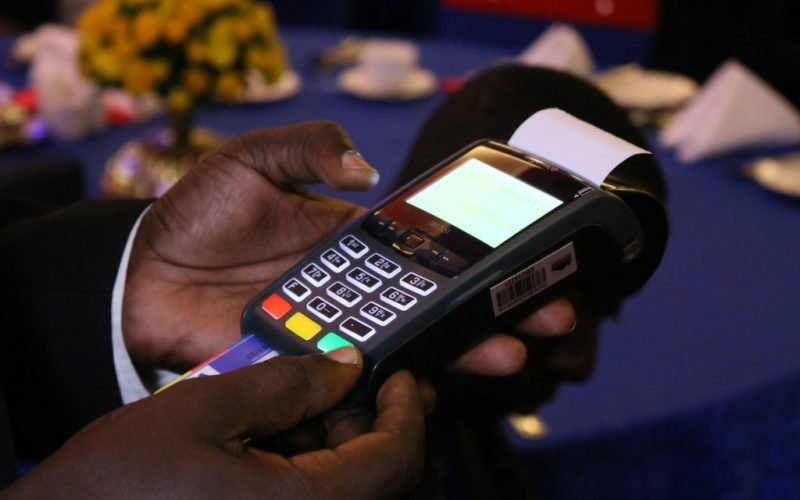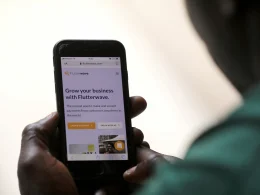By Mark Kawalya
As Covid-19 ravages different parts of the world, countries are adopting measures to mitigate the spread of the disease and its negative impacts which have sent shockwaves through various economies.
Driving across into neighboring Kenya, the first thing that you will notice is how everyday payments have taken on a digital dynamic. I was surprised to read about a guy walking down the street who wanted to buy a Ksh100 ($1) pen from a street vendor. Without skipping a beat, the vendor gave the client his Safaricom mobile phone number and the transaction was completed in seconds.
Similarly, Kenya Airways, the country’s national carrier, announced it was adopting a strict cashless mode of transacting business to eliminate person-to-person contact. Julius Thairu, the carrier’s chief customer experience officer said the airline was encouraging its clientele to use debit/credit cards as well as mobile money to boost passenger and staff safety.
“This process will reduce the complexity of work for our agents, who will no longer have to worry about handling cash, finding exact change, or closing out a cash drawer at the end of the day. This is positive news for our customers and our team members at the airport,” Kenya’s Star News quoted Thairu.
Kenya’s Standard Gauge Railway also initiated cashless payments in July spelling an end for cash payments. The railway that has been operating since 2017 has had a hybrid payment system that comprises mobile money, plastic, and cash.
“As from August 1, the acceptable payment mode for your Madaraka Express train ticket will be debit/credit card and Mpesa,” said the notice to all travelers. However, most of the tickets for SGR travel are bought online so the move to a purely cashless mode of payment would not inconvenience many.
As of August 26, 2021, the country had registered 248,392 positive cases, 239,730 recoveries and 5,096 deaths. Additionally a total of 3.55M vaccines have been administered in Kenya with almost 900,000 of these being people who have got two vaccine shots.
“The option of cash payments did not make sense because most of the travelers book their tickets online, and pay using mobile money. This doesn’t change much for me,” Robert Kuria who is a frequent user of the rail service says. He also adds that in the last two years that he has used the train, he had not made a cash payment. This is an example that demonstrates how forward-thinking Kenyans are when it comes to their health.








